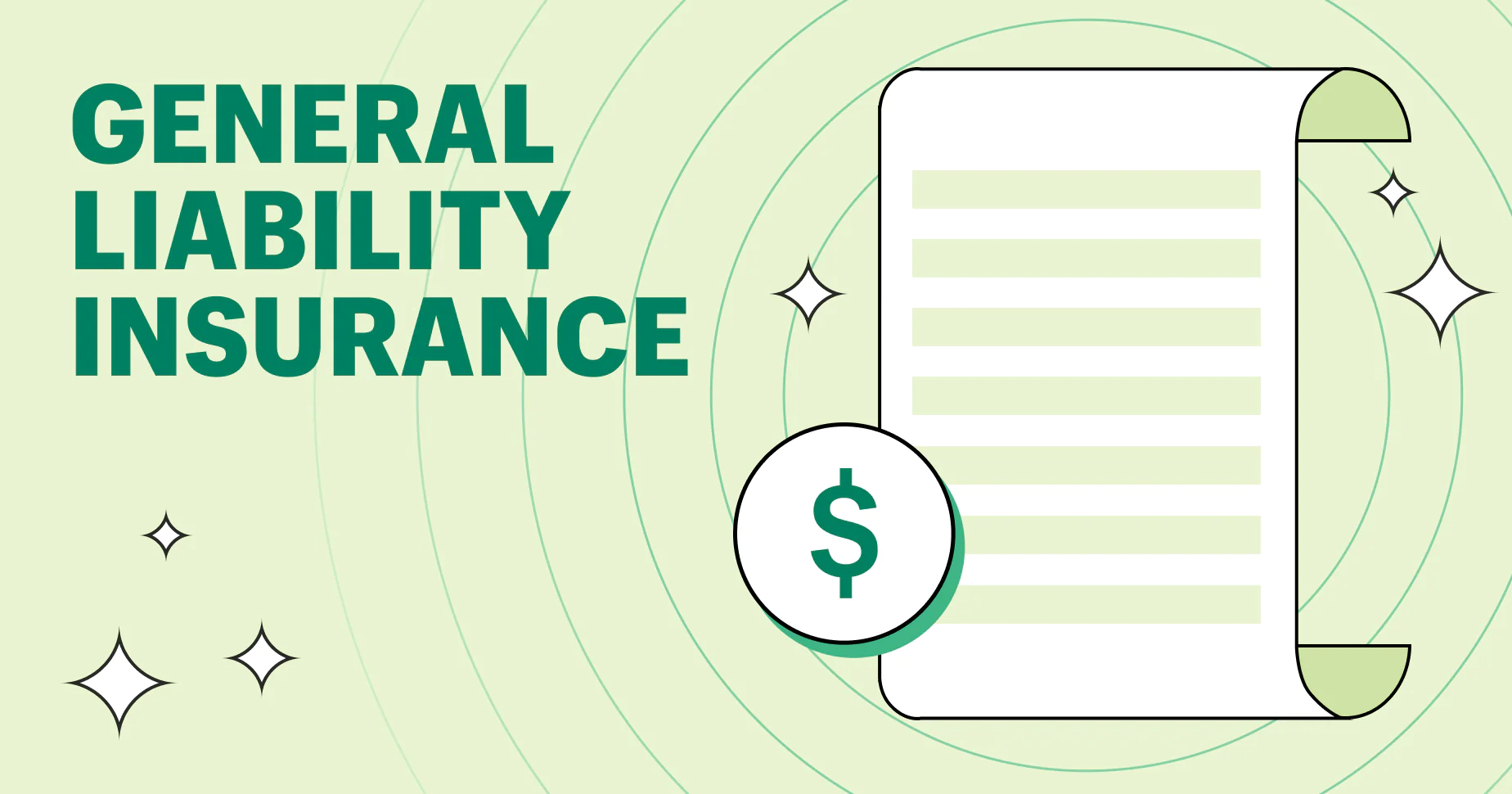How to Choose the Right General Liability Insurance
General liability insurance is an essential safeguard for businesses, providing protection against potential financial risks and liabilities. In this article, we will guide you through the process of selecting the right general liability insurance for your business. By following these steps, you can ensure that you make an informed decision and obtain adequate coverage to shield your business from unforeseen circumstances.
Before delving into the details, let's start with a brief overview of general liability insurance. General liability insurance, often referred to as commercial general liability (CGL) insurance, is designed to protect businesses from various risks and liabilities arising from day-to-day operations. It provides coverage for third-party bodily injury, property damage, personal injury, and advertising injury claims. By having general liability insurance, businesses can safeguard their financial assets and mitigate potential lawsuits or legal claims.
Assessing Your Business Needs
The first step in choosing the right liability cover insurance is to assess your business needs. This involves evaluating the specific risks associated with your industry and understanding the coverage options available. By conducting a thorough risk assessment, you can identify the areas where your business is most vulnerable and determine the appropriate coverage types to mitigate those risks.
Choosing the Right Insurance Provider
Once you have identified your business needs, it's time to select the right insurance provider. Take the time to research different insurance companies and evaluate their reputation, financial stability, and customer service. Reading reviews and seeking recommendations from other business owners can provide valuable insights into the insurer's reliability and responsiveness. Additionally, comparing quotes and policies from multiple providers will help you find the best coverage at competitive rates.
Understanding Coverage Limitations and Exclusions
It is crucial to understand the limitations and exclusions of your general liability insurance coverage policy. While the coverage is comprehensive, certain risks may be excluded from the policy. Common exclusions include professional errors, intentional acts, pollution, and employment-related claims. By carefully reviewing the policy's terms and conditions, you can identify any gaps in coverage and explore additional insurance options to fill those gaps.
Determining Appropriate Coverage Levels
Choosing the right coverage levels requires considering the unique risks associated with your industry and the size of your business operations. Conduct a thorough analysis of the potential liabilities you may face, such as product liability, premises liability, or completed operations liability. Assessing industry-specific risks and consulting with insurance professionals can help you determine the appropriate coverage amounts to adequately protect your business.
Reviewing Policy Terms and Conditions
Insurance policies can be complex, with specific language and terminology. It is essential to carefully review the terms and conditions of the policy before making a final decision. If certain aspects are unclear, don't hesitate to seek clarification from the insurance provider or consult with an insurance professional. Understanding the policy thoroughly will help you avoid surprises and ensure that you are well-informed about your coverage.
Considering Additional Coverages
In addition to liability insurance coverage, you may need to consider additional coverages based on your business's specific needs. Umbrella insurance provides additional liability protection beyond the limits of your general liability policy. It can be especially valuable for businesses with higher exposure to risks. Another coverage worth considering is professional liability insurance, also known as errors and omissions (E&O) insurance, which covers claims related to professional services or advice provided by your business.
Reviewing Claims Process and Customer Service
A crucial aspect of insurance is the ease of filing a claim and the quality of customer service provided by the insurer. Before finalizing your decision, research the insurance company's claims process and their reputation for customer service. Look for reviews and feedback from policyholders to gain insights into their experiences when dealing with claims. A responsive and supportive insurer can make a significant difference in the event of a claim.
Balancing Cost and Coverage
Cost is an important factor to consider when choosing general liability insurance, but it should not be the sole determinant. While it is tempting to opt for the lowest premiums, it's essential to strike a balance between cost and coverage. Analyze the deductible amounts, policy limits, and any additional fees associated with the coverage. Avoid underinsurance, which may leave you vulnerable to significant financial losses, and be cautious of overinsurance, which can lead to unnecessary expenses.
Seeking Expert Advice
If you find the process of choosing professional indemnity overwhelming, consider seeking expert advice. An insurance broker can provide professional guidance, evaluate your specific needs, and help you navigate through various coverage options. They have access to multiple insurers and can assist you in finding the best policy that aligns with your requirements. Additionally, don't hesitate to seek recommendations from other business owners or industry professionals who have experience with general liability insurance.
Choosing the right general liability insurance is a crucial step in protecting your business from potential risks and liabilities. By following the steps outlined in this article, you can make an informed decision that ensures your business is adequately covered. Assess your business needs, research insurance providers, understand policy terms, and consider expert advice when necessary. By investing time and effort into selecting the right insurance, you can safeguard your business's financial stability and focus on its growth and success.






